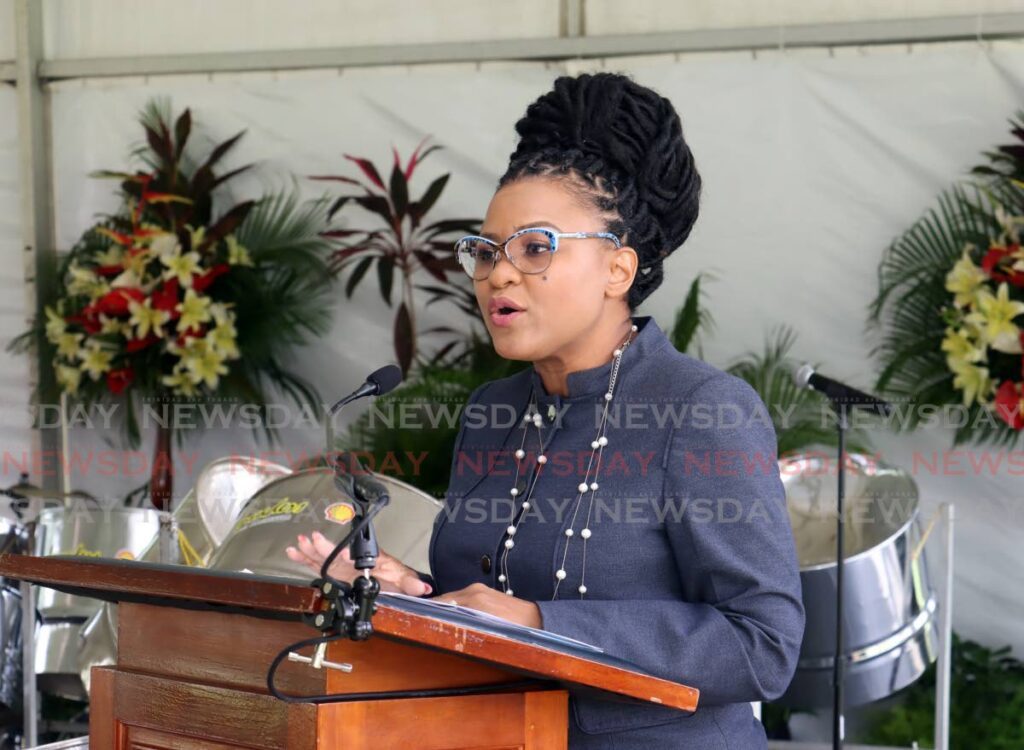Teachers, teaching and Constitution

DR PAULA MARK
THAT PEOPLE resorted, allegedly, to cheating on the interview for teaching positions is a sad indication of the brokenness of the nation’s moral compass. However, more fundamentally yet equally sad is the reality that in 2024 it is the Teaching Service Commission (TSC) that has responsibility for selecting, appointing, promoting and disciplining teachers.
The Ministry of Education’s responsibility is to recruit and place teachers in schools. Article 124 (1) of the Constitution which governs the TSC states that its composition “shall consist of a chairman and not more than four other members,” thereby leaving the door wide open for any member of the public to be a member of the commission.
The inefficiency of the TSC has little or nothing to do with the Concordat, but everything to do with the preceding statement. The inefficiency lies in the fact that the concept of teaching and, by extension, the teacher has not evolved to keep pace with developments in education.
Gone are the days when it was felt that anyone who went to school could teach by passing their “knowledge” on to their students, requiring minimal preparation if any at all. Ready access to information and the ubiquitous use of artificial intelligence now more than ever require a different view.
Teaching has evolved into a full-fledged profession, with a technical knowledge-base that has been developed over years of research into teaching, learning and assessment. In more efficient and effective school systems, teaching and teachers are under the superintendence of education professionals, not public servants.
In these systems, teaching is considered to be a high-status profession. They invest in their teachers through a continuous process of systemic teacher development from initial training to retirement, with scrupulous monitoring and evaluation of teacher education programmes. Also, teachers have autonomy not only to regulate their profession, but also to be flexible with the curriculum in the context of their day-to-day work in classrooms.
What is needed with respect to the teaching service in TT is a paradigm shift to teaching as a bona fide professional occupation that should be accorded the status of other professional occupations rather than just a public service job. There are medical doctors, pharmacists, lawyers and accountants in the public service, but their respective professional agencies have authority over their professional conduct and function as gatekeepers for their profession.
The TSC has outlived its usefulness and needs to be replaced by an agency comprised of education professionals to govern and regulate the teaching profession. It is time to bring the teaching “profession” in TT into the 21st century. Caricom provided the blueprint 15 years ago.
Dr Paula Mark is a teacher policy and development specialist

Comments
"Teachers, teaching and Constitution"